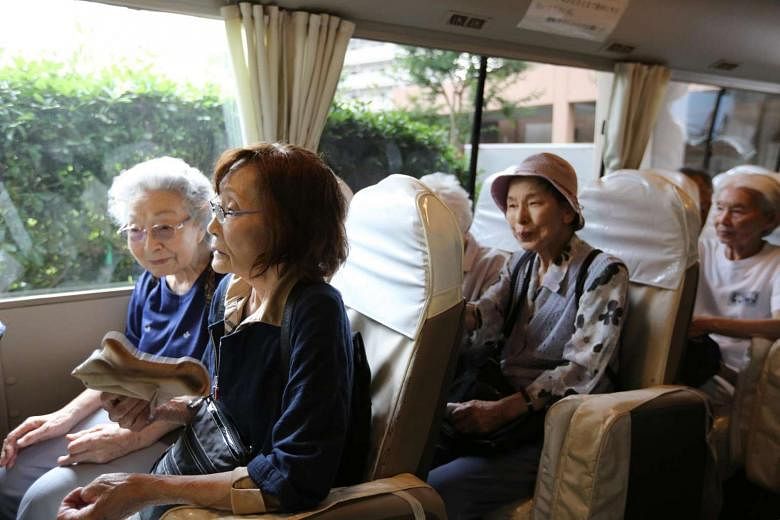Japan's current healthcare situation may offer Singapore some valuable suggestions to achieve sophisticated and sustainable care for the elderly ("Lessons from Japan in caring for the elderly"; Aug 7).
Japan has been developing its affordable health system since 1961, when it implemented universal coverage for its population.
Japanese citizens enjoy long life expectancy, thanks largely to the country's universal care, which allows people to see any healthcare provider at any time, without proof of medical necessity.
The country, however, has been facing skyrocketing healthcare costs because of the rapidly ageing population, the frequent use of high-cost technologies and other structural problems.
For example, Japan has controlled medical expenses by repeatedly cutting healthcare providers' fees, but physicians and hospitals, which are reimbursed on a fee-for-service basis, tend to compensate for reduced reimbursement rates by providing more services.
According to McKinsey Global Institute, Japan's health expenditure will rise from 8.1 per cent of gross domestic product currently to 10.7 per cent by 2025.
In such a situation, Japan's Health Ministry has proposed a paradigm shift for the country's future healthcare system: from cure to care, and from medical services to integrated approaches in the sector of medicine and social welfare.
Attention has been paid to how to achieve patient-centred care with effective cost-containment approaches.
More and more healthcare providers have started to help elderly patients set goals of care.
Priorities have shifted from disease outcome to the following: patients' values and preferences; well-coordinated care; alleviation of anxiety; physical and emotional support; and high-quality information for shared decision-making.
Sophisticated use of information technology will convey clinical information effectively.
However, launching a nationwide, community-based initiative has turned out to be essential in helping elderly people make better life choices, such as financial planning, moving to senior housing and spending time with loved ones.
Japan's ageing society shows the importance of effective communication among the patient, family members, and staff of the treatment team.
We should not forget that clinicians are experts on medical options, while patients and families are experts on the patient's values and preferences.
Hajime Ichiseki (Dr)

